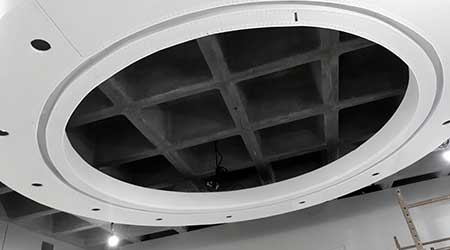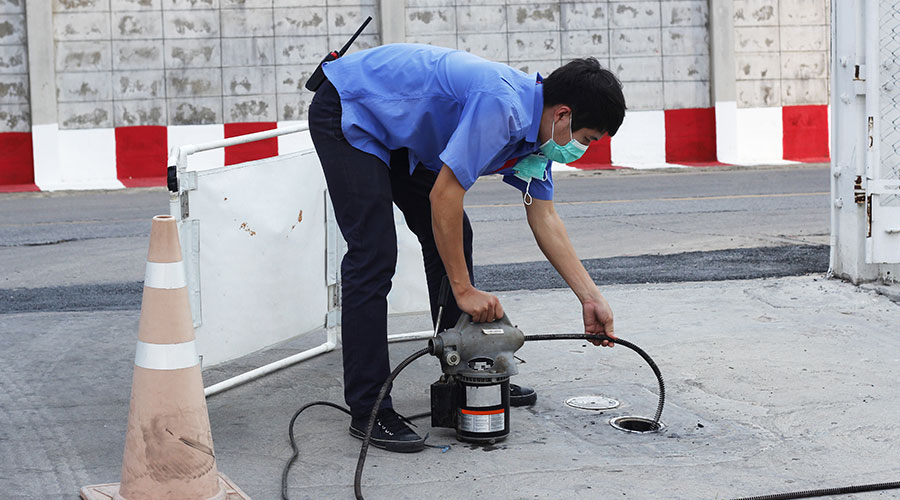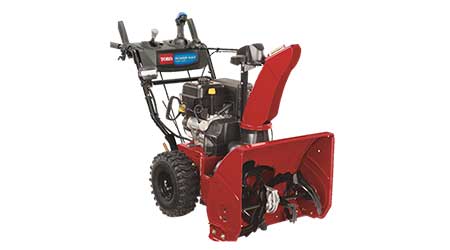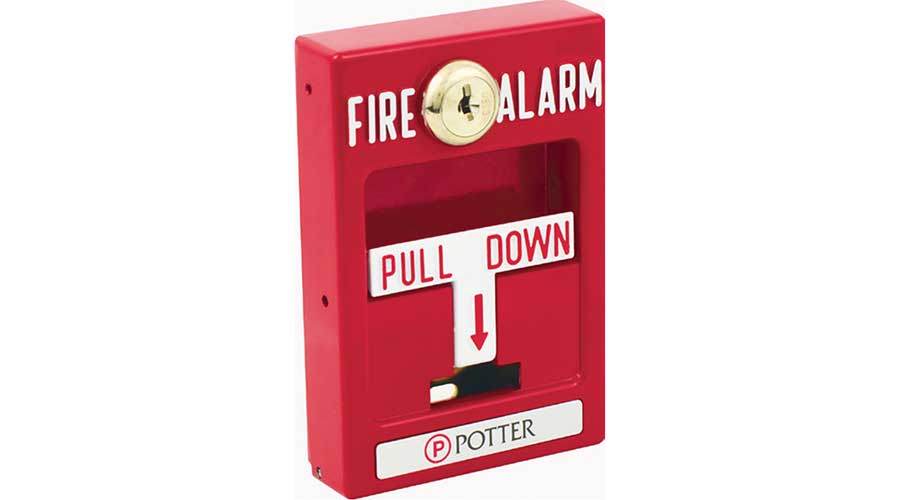
Case Study: Bank Renovation Uses Ceiling Cloud for Modern Look
March 15, 2021
First State Bank prides itself on being a strong, supportive bank for the vibrant Russellville, Ark., community. While the bank's operations and staff lived up to that motto, the Main Street Downtown location’s decor was not expressing it.
A recent lobby renovation breathed life back into the branch, especially with a curved ceiling cloud feature that became a bold focal point. Flex-Ability Concepts' Flex-C Arch was selected for its installation ease to create the curved and lighted cloud.
“The renovation was needed to make a more comfortable and more useful space and also to modernize the interior look of the building. The curve incorporates a bold modern look, which contrasts with the original exposed gray cast-in-place concrete floor/ceiling above,” says Ira Wimer, AIA, vice president of HTW Architects + Engineers, Russellville.
Stellar Interiors Drywall and Acoustical in Conway, Ark., installed 16 pieces of 3 5/8-inch Flex-C Arch and 30 pieces of 2 1/2-inch Flex-C Arch to create the curved ceiling cloud. The 3 5/8-inch Flex-C Arch was used around the perimeter of the main cloud, and the 2 1/2-inch Flex-C Arch was used around the perimeter of the inset, a recessed lighted cove. L&W Supply, Little Rock, Ark., distributed the products.
HTW Architects + Engineers specified the use of a curved bottom track on a suspended wall to create the cloud. Malcolm Seiter, president of Stellar Interiors Drywall and Acoustical, says he selected Flex-C Arch because it was the easiest way to form the radius while decreasing labor costs. Flex-C Arch is used to frame arches and create curves in a fraction of the time required by traditional methods. With Flex-C Arch, arches and curves can easily be formed onsite or in a shop ahead of time.
“We use Flex-C Arch whenever we have a curved radius or archway opening in a metal stud wall. We like it because we just have to draw the curve on the floor, form the track to it and bend the tabs, and it will hold the curve for us," Seiter says. “It saves a lot on labor compared to the old way we had to do it before we had this product. For that method, we had to draw the curve on a piece of sheetrock, take some regular metal track and cut the flanges every 6 inches or so depending on the tightness of the curve. We would then form it and screw it to the sheetrock. Using Flex-C Arch is a lot safer because you don't have to worry about cutting yourself on all the places that you cut the flanges on the regular track.”
Next
Read next on FacilitiesNet












